Category : Pakistan
May 20, 2021 | Announcements, Arts Program, Bangladesh, Community, COVID-19, In Region, India, Myanmar, News, Pakistan
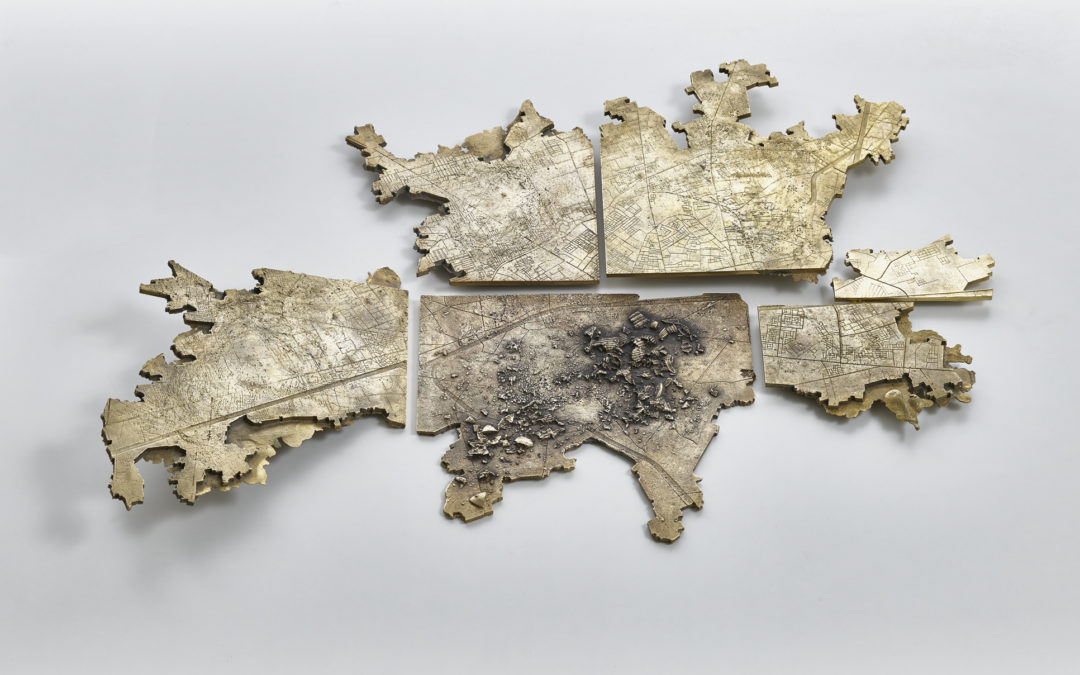
In a conversation with the Mittal Institute this week, Naiza Khan, a visual artist who splits her time between London and Karachi, explored the impact of the pandemic on her creative processes and methods of making art. This past year, COVID-19 drastically changed the landscape of possibilities for modes of working and presented new opportunities to engage in making work alongside other artists.
May 6, 2021 | Announcements, COVID-19, In Region, News, Pakistan
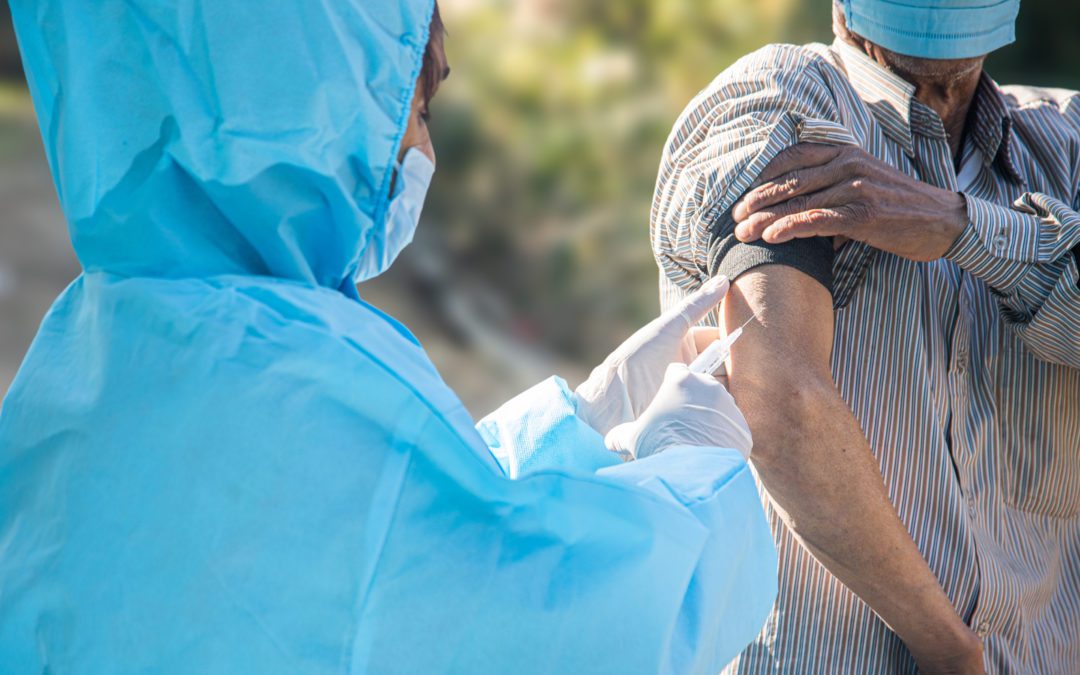
More than a year into the pandemic, Pakistan is fighting the third wave that is sweeping across its main urban centers. The hospitalization statistics increased manifold compared to the first and the second wave. However, after a relentless increase, the statistics are now beginning to register a slight respite. The seven-day moving average of the positive percentage now stands at 9.8%. Despite this trend, caution needs to reign supreme.
May 6, 2021 | In Region, News, Pakistan
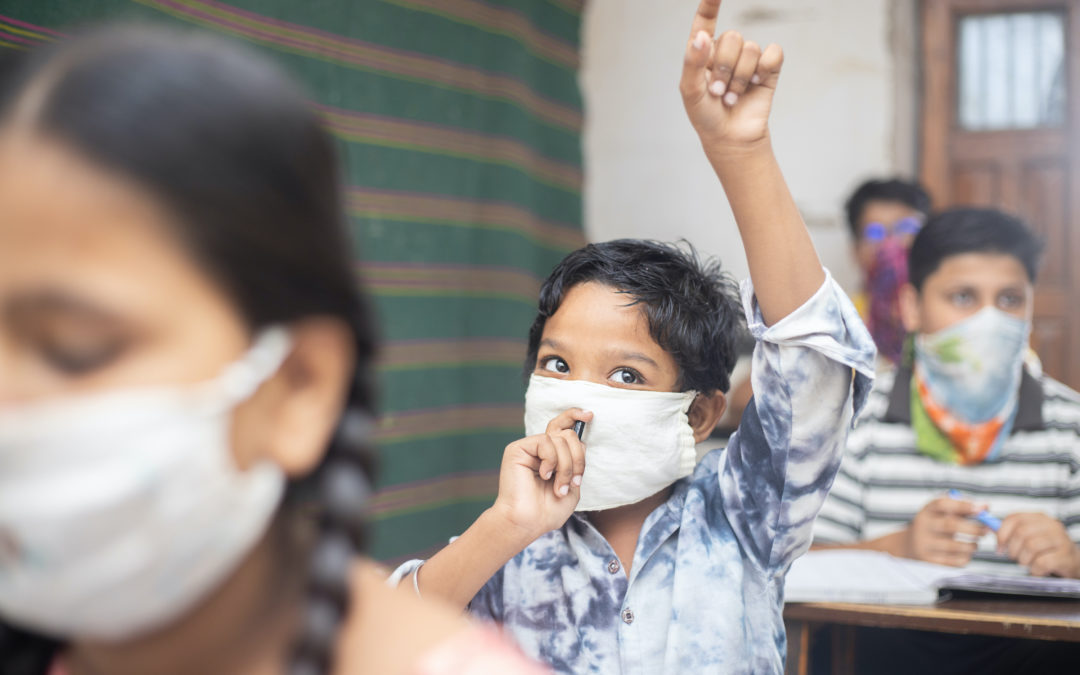
Isabel Macdonald, a Harvard doctoral student in public policy, was the recipient of a Mittal Institute Seed for Change grant in 2020. Isabel’s research focuses on education and financial inclusion, and her current projects include an analysis of training for microfinance borrowers in Pakistan, and a framework for the political economy of education reform. The following is a report on her project, KamyabiTest, a smartphone app that better helps Pakistani teachers track student progress.
Apr 14, 2021 | Announcements, Community, In Region, News, Pakistan
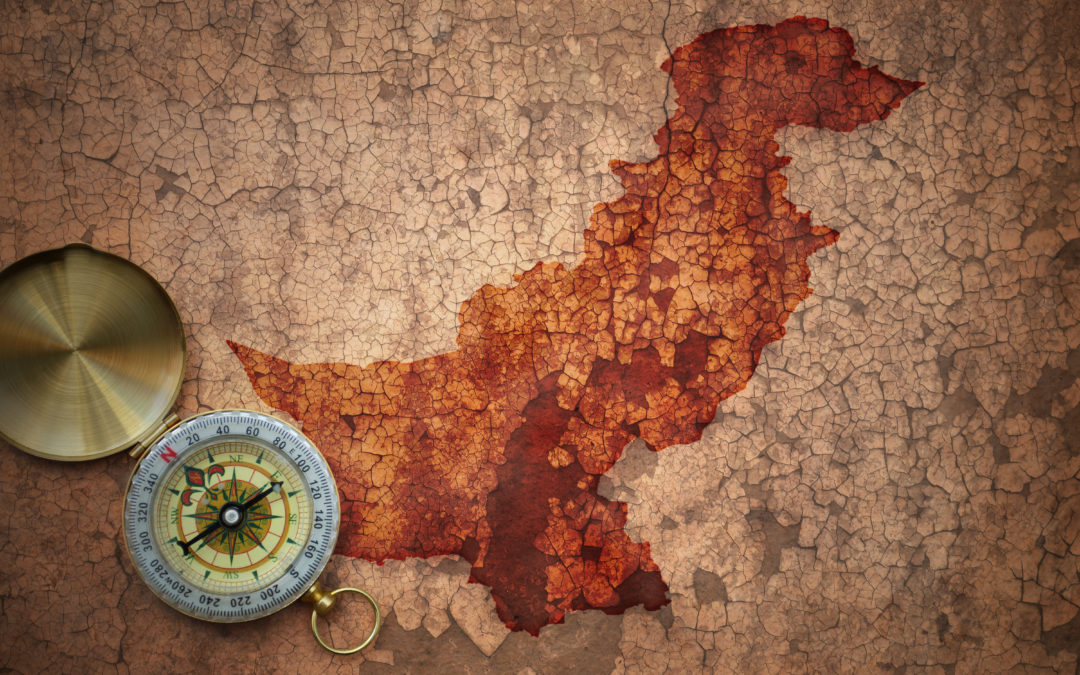
Panelists from around the globe gathered to explore the new book by Professor Ian Talbot, Director of the Centre for Imperial and Postcolonial Studies at the University of Southampton and Research Affiliate at the Mittal Institute. The book, The History of British Diplomacy in Pakistan, is the first study of the history of British diplomacy in Pakistan. It covers seven decades of British diplomacy in Pakistan, from 1947 through the “War on Terror.”
Mar 31, 2021 | Announcements, Associates, In Region, News, Pakistan
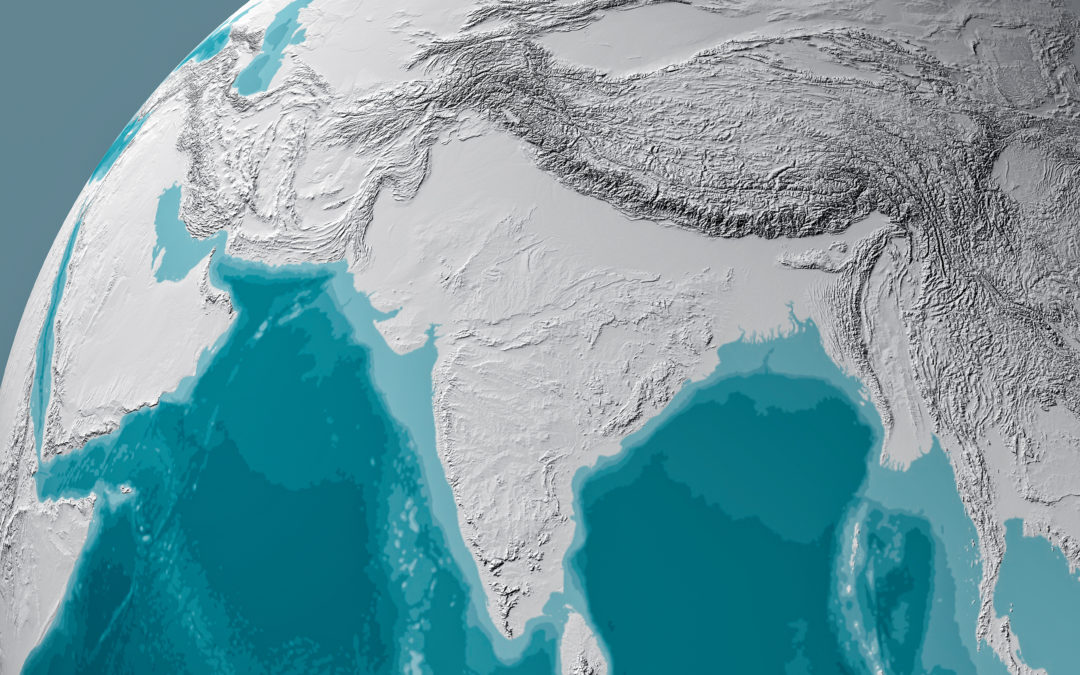
The Mittal Institute’s April 7 talk, “The History of British Diplomacy in Pakistan,” is headlined by Ian Talbot, Mittal Institute Research Affiliate and Professor in History and Director of the Centre for Imperial and Post-Colonial Studies, University of Southampton. Ian has written extensively on the themes of the colonial Punjab, the Partition of India, and the political history of Pakistan, and is the author of a 2021 book, The History of British Diplomacy in Pakistan. The Mittal Institute caught up with Ian to discuss his early education, research motivations, and his new publication.
Mar 18, 2021 | Announcements, Bangladesh, COVID-19, In Region, India, Myanmar, Nepal, News, Pakistan, South Asia in the News

Image by Adobe. How should the vaccine alliance, Gavi, respond to the worldwide need for a vaccine for the Covid-19 pandemic? Harvard Business School professor Tarun Khanna discusses how experimentation, judicious risk taking, and entrepreneurship in finance and...
Feb 24, 2021 | Announcements, Arts Program, Bangladesh, Fellows, In Region, India, Nepal, News, Pakistan

The profound and inspirational work of our artists has not stopped despite the COVID-19 pandemic. In this magazine, we spoke with each of our fellows to discuss the inspiration behind their career as an artist, what they hope to learn during their time as a Visiting Artist Fellow, and their thoughts on the artwork they have each presented in this magazine. In the magazine’s pages, you will read the artists’ thoughts on these subjects in their own words, and we hope that it will inspire you to enter their world and see their work through their eyes.
Feb 18, 2021 | Announcements, In Region, India, News, Pakistan, Social Enterprise, Students

The Mittal Institute’s annual Seed for Change (SFC) competition aims to develop a vibrant ecosystem for innovation and entrepreneurship in India and Pakistan, offering grant prizes to interdisciplinary student projects that have the potential to positively impact societal, economic, and environmental issues in India and Pakistan. We recently spoke with a few of our past winners of the SFC competition — the teams of Umbulizer, Gramhal, and Meet — to learn how their social enterprise initiatives in Pakistan and India have grown since the time they one.
Feb 4, 2021 | Announcements, In Region, News, Pakistan, Students
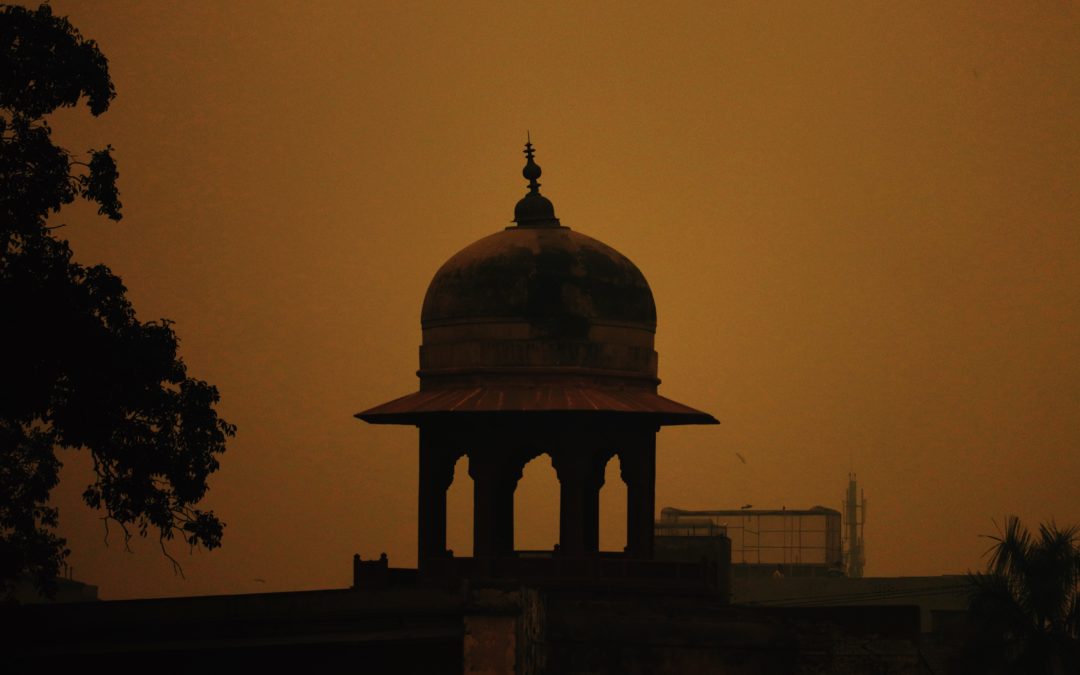
By Asmer Asrar Safi, Hamid Nawaz, Hajra Malik, and Ramsha Bilal. Lahore is a city rife with unexplored heritage sites and cultural landmarks locked between urban developments. Yet, the unavailability of tourism services means that Lahore has been unable to fully reap the benefits of being a popular tourist destination in Pakistan. It is to bridge this gap that our team set out to create a third-party, tourism facilitation service app, “Naqsha Nigar,” predicated on creating preset and customizable tour plans for the average smartphone user.
Jan 29, 2021 | Announcements, Arts Program, Bangladesh, Fellows, In Region, India, Nepal, News, Pakistan

View a virtual gallery of the artwork from our 13 2020-2021 Visiting Artist Fellows from India, Bangladesh, Pakistan, and Nepal.
Jan 28, 2021 | Announcements, In Region, News, Pakistan, Students
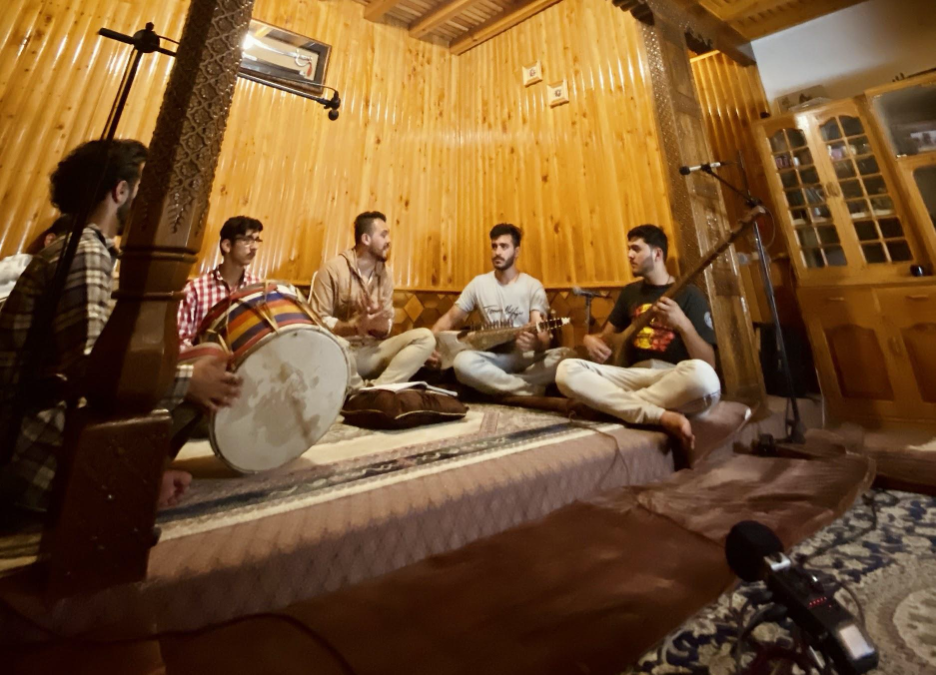
Last summer, Nosher Ali Khan (Harvard College ’23) traveled to Hunza, a valley within the mountains of Karakoram in Pakistan — a place where poetry and music have built the identity of its people. There, he met with folk music artists and listened to their music, developing a project to film their music and share it with the world.
Oct 8, 2020 | Announcements, In Region, India, News, Pakistan, Students
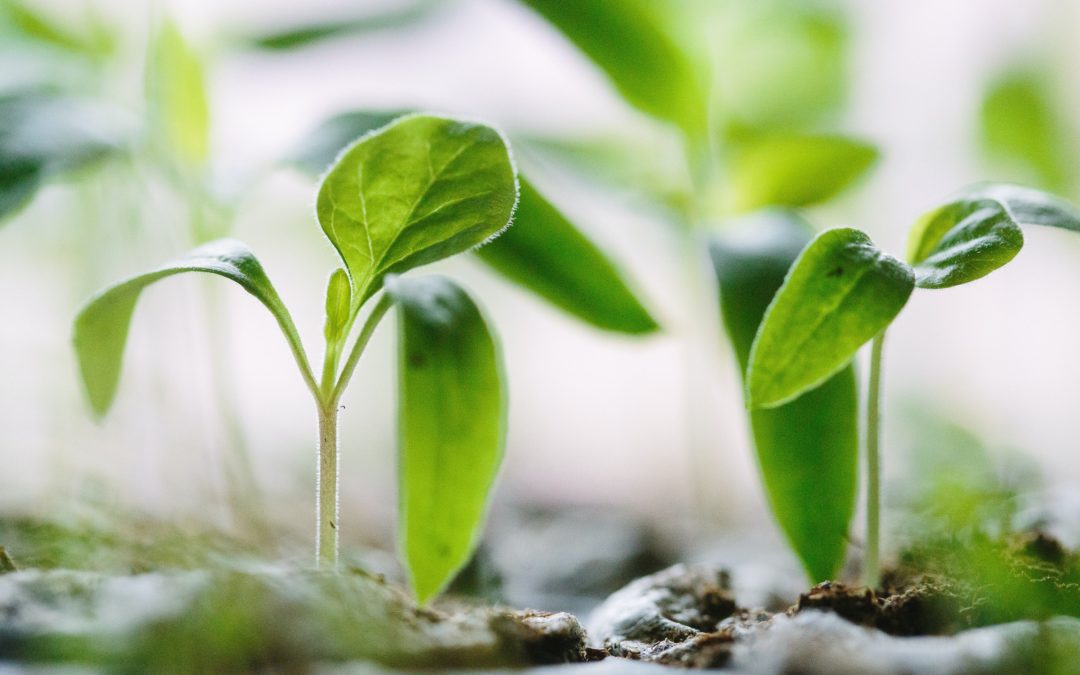
Each year, the Mittal Institute’s Seed for Change (SFC) competition for Harvard students aims to develop a vibrant ecosystem for innovation and entrepreneurship in India and Pakistan. Grant prizes are awarded to interdisciplinary student projects that positively impact societal, economic, and environmental issues in India and Pakistan. As a result of COVID-19, we have all had to make adjustments to our daily lives, and Harvard students are continuing to learn in new and creative ways. In light of this, the Mittal Institute recently offered SFC Exploratory Grants to students who are currently working on ideas or a project that addresses intractable problems in India and Pakistan.












